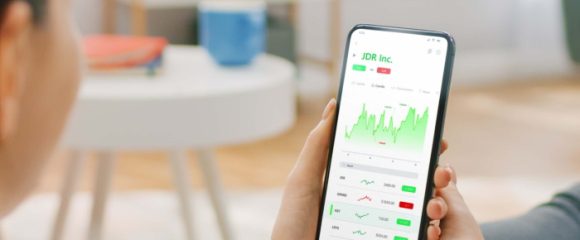The Impact of COVID-19 on Financial Scams
Health
- Coronavirus vaccination scams/fake NHS text messages and emails – always remember that you will be contacted directly via your GP, local pharmacy or surgery when you are due to receive your vaccination. This is also a free service and therefore you should never be asked to provide bank or card details, as no payment is required.
- Phishing emails claiming you have been in contact with someone with the coronavirus – NHS Track and Trace is the only official body in the UK that will contact you regarding this. Below are the details on how they will do this
- By phone using the following number 0300 013 5000
- All text messages and emails will ask you to sign into the NHS Test and Trace contact-tracing website
- Via the secure NHS Track and Trace app
They will never contact you from any 09 or 087 numbers and will never ask for bank account details, PIN numbers or for payment.
Financial Support
Due to the huge impact coronavirus has had on some people’s income and overall financial situation, several scams have been designed to mimic the offer of financial support in the form of:
- Universal credit applications
- COVID-19 relief funds
- Fake government grants
- Council tax reductions
Social Media and Fake Investment Opportunities
Coronavirus and the negative financial impact some people have faced as a result mean they are more susceptible to ‘too-good-to-be-true’ opportunities.
- Fake social media accounts – it is not uncommon for these to be set up under the identities of real people with the aim of appearing more genuine to lure people in.
- Emails and online adverts – scams masquerading as promotional investment opportunities to ‘profit from an economic downturn’ are rife, enticing people to invest their money into fake accounts with guaranteed returns.
- Bitcoin – In February Action Fraud received over 750 reports in one week about Bitcoin phishing emails using fake celebrity endorsements.
More information on the above and guidance from the Local Government Association (LGA) can be found here https://www.bbc.co.uk/news/business-53573408
Useful Resources and Tips to help you stay protected
For more information on NHS Track and Trace visit https://www.gov.uk/guidance/nhs-test-and-trace-how-it-works#:~:text=%2D%20call%20you%20from%200300,while%20self%2Disolating
If you receive a call you believe to be fraudulent, hang up. If you are suspicious about an email you have received, forward it to report@phising.gov.uk. Suspicious text messages should be forwarded to the number 7726, free of charge.
If you believe you are the victim of a fraud, please report this to Action Fraud as soon as possible by calling 0300 123 2040 or visiting www.actionfraud.police.uk.
For more information about how to invest safely, please visit: https://www.fca.org.uk/scamsmart
Investment opportunities: Don’t be rushed into making an investment. Remember, legitimate organisations will never pressure you into making a transaction on the spot.
FCA register: Use the Financial Conduct Authority’s (FCA) register to check if the company is regulated by the FCA. If you deal with a firm (or individual) that isn’t regulated, you may not be covered by the Financial Ombudsman Service (FOS) if things go wrong and you lose your money.
If you are looking to invest, you should always seek professional financial advice and do your research to ensure it is via a credible and reputable source. Also remember, a legitimate organisation will never pressure you into making any immediate transactions or payments.
Please do not hesitate to contact one of our Advisors should you require any advice or if you feel you have been victim to fraudulent activity.



